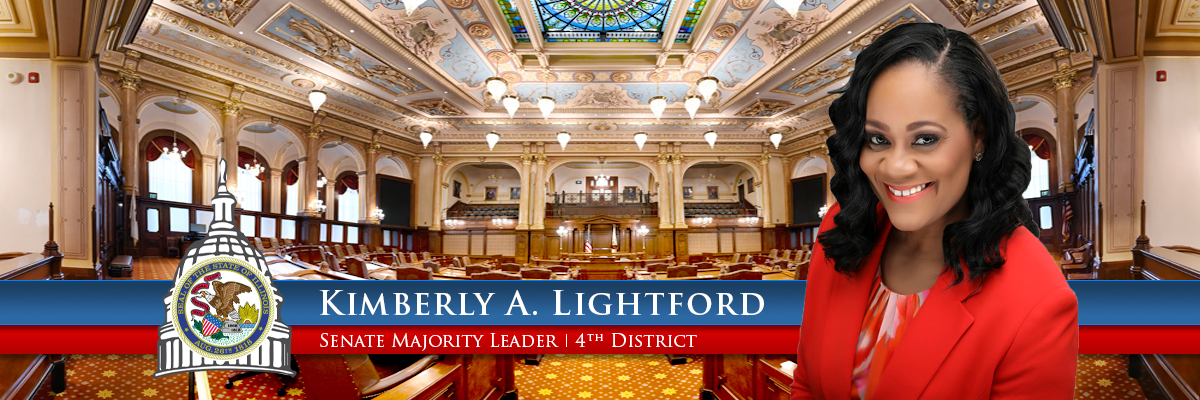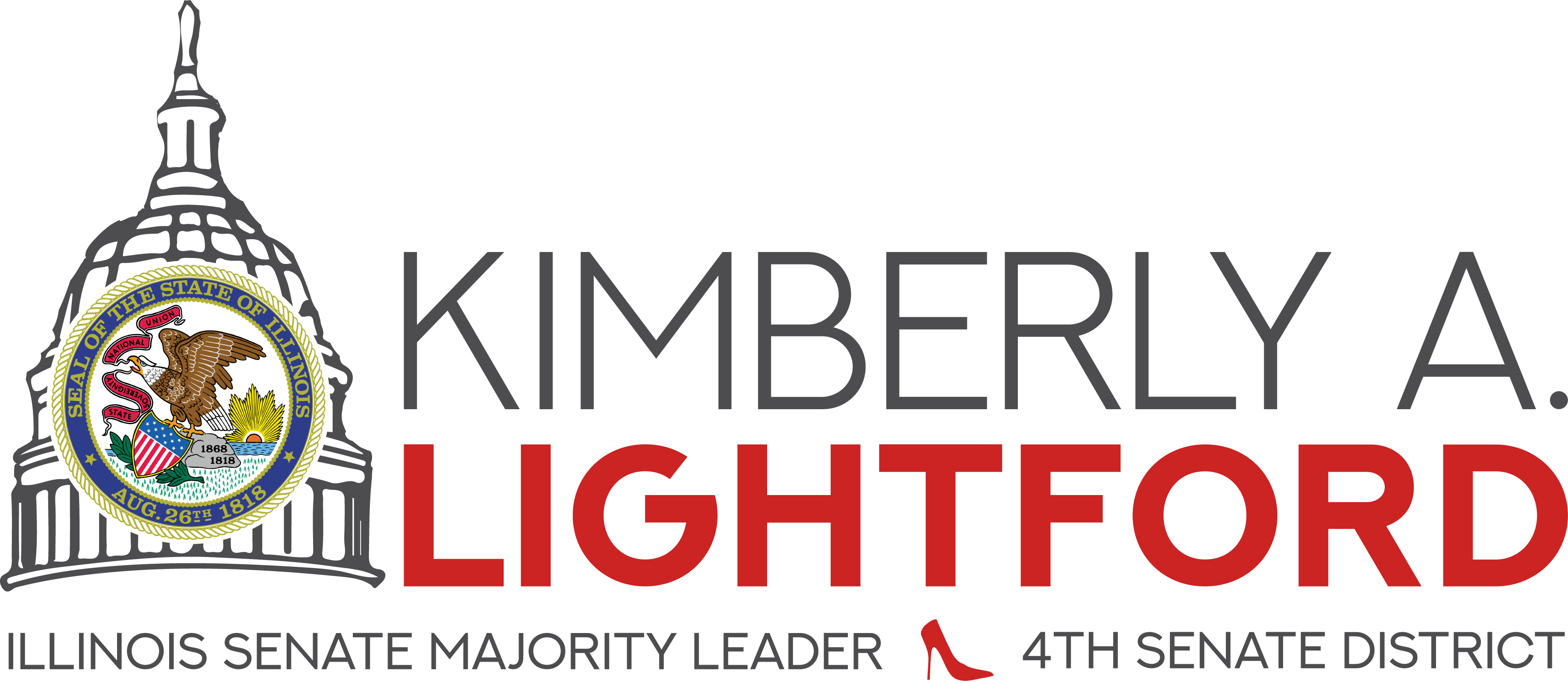Lightford: Children should not be expelled before kindergarten
- Details
- Category: News
 SPRINGFIELD- Children in public preschools are more than three times more likely to be expelled than children in kindergarten through 12th grades, according to a report by Fight Crime: Invest in Kids Illinois. Assistant Majority Leader Kimberly A. Lightford (D-Maywood) leads a proposal that would keep more at-risk preschool students in the classroom.
SPRINGFIELD- Children in public preschools are more than three times more likely to be expelled than children in kindergarten through 12th grades, according to a report by Fight Crime: Invest in Kids Illinois. Assistant Majority Leader Kimberly A. Lightford (D-Maywood) leads a proposal that would keep more at-risk preschool students in the classroom.
The proposal, which was approved in the Senate today, would prohibit the expulsion of children enrolled in early childhood programs receiving grants from the Illinois State Board of Education. The legislation focuses on transitioning children to programs that better fit a child’s needs.
Lightford defends Chicago children in education funding reform debate (VIDEO)
- Details
- Category: News
SPRINGFIELD- The Illinois Senate recently approved legislation that would restructure the way money is distributed to school districts throughout the state based on need. Senate Bill 1 uses an evidence-based model to determine where state dollars are most effective by placing school districts in three tiers and prioritizing those with the most need, which is determined by reviewing 27 elements of education.
Assistant Majority Leader Kimberly A. Lightford (D-Maywood) gave the following speech during debate on Senate Bill 1:
6th Annual Mammograms for Mother's Day Event
- Details
- Category: Events
Please click the image or click here for a list of participating salons.
Lightford measure creates the Veterans’ Cancer Screening Program
- Details
- Category: News
 SPRINGFIELD- In response to concerns surrounding the lack of awareness surrounding the importance of cancer screening among veterans, Assistant Majority Leader Kimberly A. Lightford (D-Maywood) passed legislation through the Senate today that establishes the Veterans’ Cancer Screening Program.
SPRINGFIELD- In response to concerns surrounding the lack of awareness surrounding the importance of cancer screening among veterans, Assistant Majority Leader Kimberly A. Lightford (D-Maywood) passed legislation through the Senate today that establishes the Veterans’ Cancer Screening Program.
“Early cancer detection can make all the difference for many who are diagnosed,” Lightford said. “We know that a number of veterans were exposed to conditions that could result in cancer, and it is important that we are raising awareness and helping our veterans get screened.”
More Articles …
Page 124 of 162










